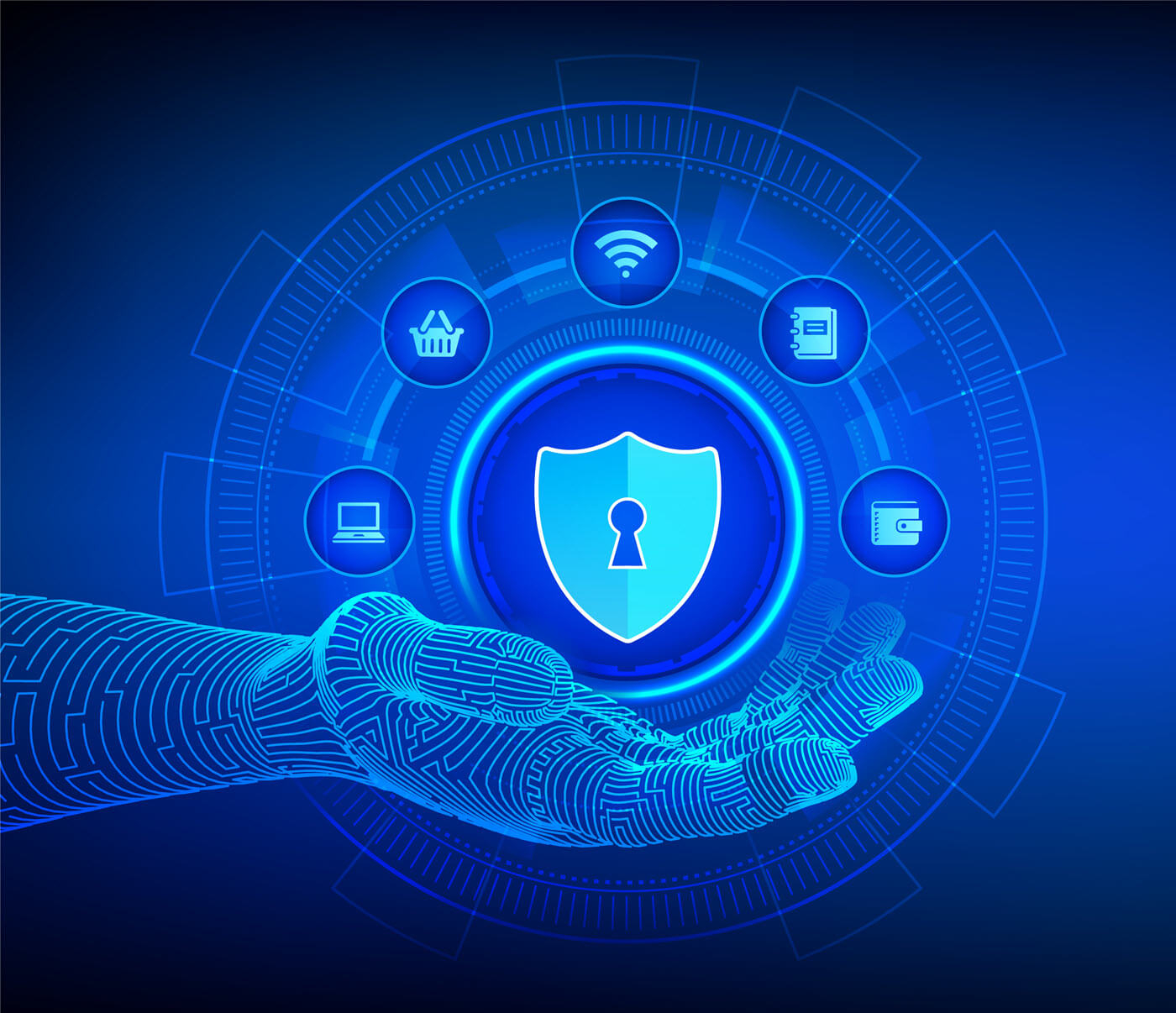As factories, energy plants, and smart cities accelerate their adoption of digital twin technology, a new cybersecurity frontier is emerging — digital twin security. These virtual replicas of physical assets and systems enable real-time monitoring, predictive maintenance, and performance optimization. However, as the line between the digital and operational (OT) environments blurs, attackers are finding new opportunities to infiltrate critical infrastructure through twin-to-OT connections.
The Expanding Role of Digital Twins
Digital twins simulate the behavior of real-world assets — from a single robotic arm on a factory floor to an entire city’s energy grid. By integrating data from sensors, IoT devices, and control systems, they provide engineers and operators with an accurate, continuously updated model of their physical systems. This data-driven simulation helps organizations predict equipment failures, optimize resource consumption, and test “what-if” scenarios safely before applying changes to the real system.
Industries such as manufacturing, energy, automotive, and urban infrastructure are at the forefront of digital twin adoption. According to industry reports, the global digital twin market is expected to exceed $100 billion by 2030, driven by advances in industrial IoT, AI analytics, and edge computing. But this growth also introduces a complex web of interconnected assets and data flows, which expands the attack surface dramatically.
The Emerging Threat Landscape
Digital twins are inherently attractive to cybercriminals because they act as bridges between IT and OT systems. They often access sensitive telemetry, control commands, and performance data from operational environments — making them a valuable target for espionage or sabotage.
Attackers are increasingly focusing on the twin-to-OT interface, exploiting weak authentication, insecure APIs, or misconfigured data pipelines. Once inside, they can manipulate the digital model to feed false information back into the operational systems — potentially causing physical damage or downtime.
A compromised digital twin could, for example, simulate normal conditions while the real asset experiences overheating or malfunction, delaying human response and amplifying operational risk. This type of data integrity attack represents a serious threat to sectors like energy, transportation, and manufacturing, where safety and reliability are paramount.
AI-Based Anomaly Detection for Simulation Environments
As cyber risks intensify, defenders are turning to AI-powered anomaly detection to secure simulation environments. Traditional cybersecurity tools often struggle to detect subtle manipulation within complex digital twin models, where data volumes are immense and changes are continuous.
AI-based systems analyze telemetry patterns, simulation parameters, and data streams to identify deviations from normal behavior — whether in the digital model or its physical counterpart. By learning from historical data, these systems can recognize suspicious trends such as abnormal control signals, uncharacteristic data latency, or unauthorized access attempts.
In advanced setups, reinforcement learning and predictive analytics help the twin “self-heal” by isolating compromised modules and reverting to safe states. This proactive approach transforms cybersecurity from a reactive shield into a dynamic, adaptive defense mechanism.
Moreover, federated learning techniques are emerging to strengthen privacy and resilience. By allowing AI models to learn from multiple digital twins across organizations without sharing raw data, companies can collectively improve threat detection without exposing sensitive information.
Building a Secure Digital Twin Ecosystem
Securing digital twins requires a multi-layered approach that combines IT, OT, and cybersecurity best practices. Key measures include:
- Zero Trust Architecture: Enforce continuous authentication and least-privilege access for all users, applications, and devices interacting with the twin.
- Secure APIs and Data Encryption: Protect communication channels between the digital twin, IoT sensors, and OT systems using encryption and API gateways.
- Model Integrity Validation: Use cryptographic hashes or blockchain to verify that simulation models and parameters have not been tampered with.
- AI-Driven Monitoring: Continuously monitor twin behavior for anomalies, leveraging machine learning to detect and respond to attacks in real time.
- Red Team Simulations: Regularly test the resilience of digital twin environments through simulated cyber-physical attacks.
The Road Ahead
As digital twins become indispensable to Industry 4.0 and smart city transformation, digital twin security will emerge as a defining discipline within cybersecurity. Organizations must treat their virtual models with the same rigor as the physical systems they represent — because a compromise in one can ripple into the other.
AI-driven defenses, combined with robust governance and cross-domain collaboration, will be critical to protecting the integrity and safety of tomorrow's connected ecosystems. In the era where the digital mirrors the physical , securing the twin means safeguarding reality itself.
Read More: https://cybertechnologyinsights.com/
